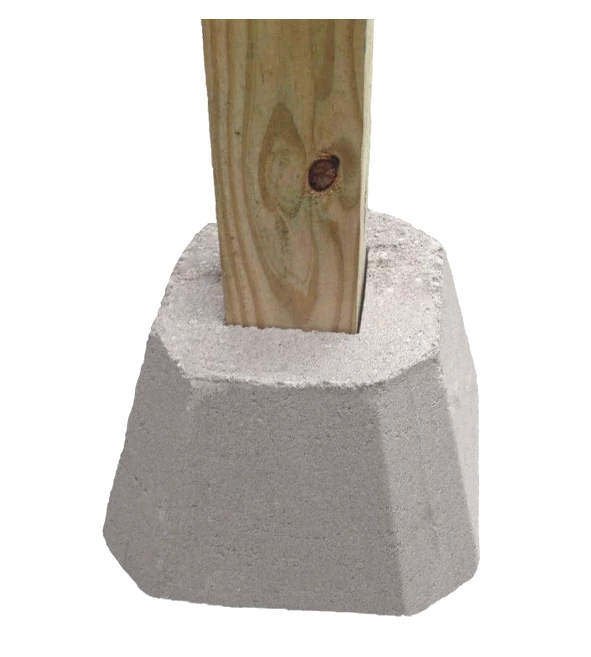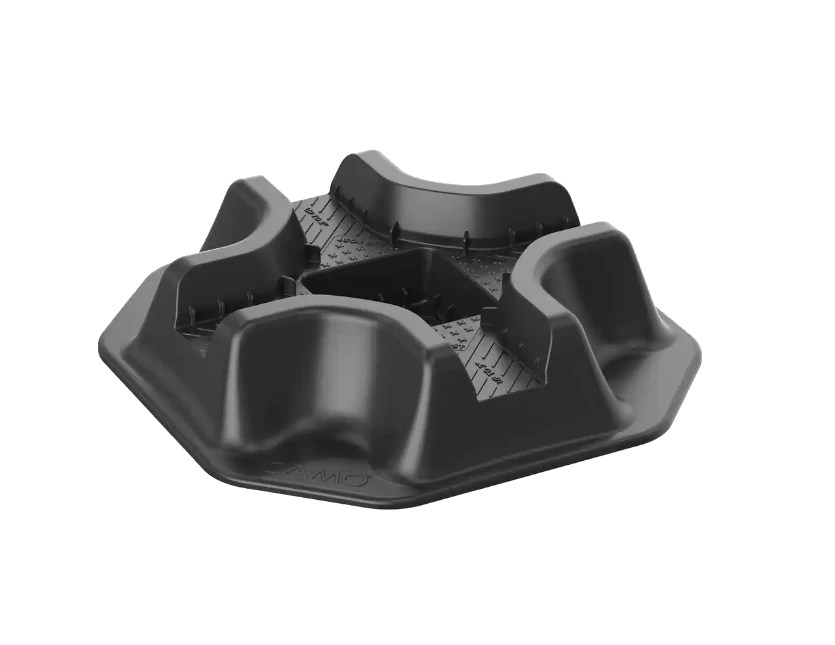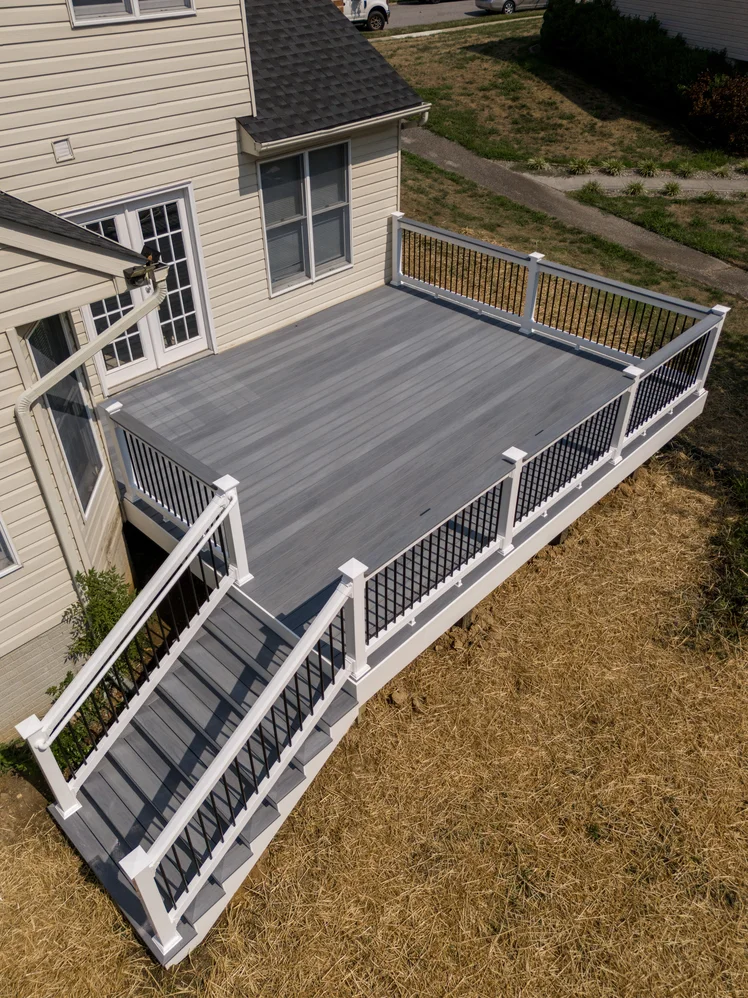One of the most common questions I receive as a business owner during initial meetings with homeowners is: Do I need a permit? The short answer is—if you’re undertaking a structural replacement or repair, you probably do. However, the specifics depend on various factors, which I’ll simplify in this article.
The Risks of Not Getting a Permit
Failing to obtain a permit can have serious consequences:
- Legal Penalties: It is illegal to proceed without the necessary permits. Some jurisdictions in Maryland classify unpermitted work as a misdemeanor, punishable by fines up to $1,000 or, in rare cases, even jail time.
- Financial Consequences: While you likely won’t face jail time, fines and administrative fees are common. Moreover, unpermitted work can devalue your property and complicate future sales.
- Stop Work Orders: The county can issue a red notice, preventing any further work on your home until permit issues are resolved.
- Lack of Inspection: Without a permit, your project won’t be reviewed by a licensed inspector, increasing the risk of unsafe construction that doesn’t meet code requirements.
Why Some Contractors Avoid Permits
Many contractors intentionally avoid permits because they know they can’t meet the minimum code requirements. Personally, I welcome permits and inspections because I am well-versed in local building codes. This is why hiring a knowledgeable, licensed contractor is crucial. Always obtain at least three estimates and compare what each contractor says about permit requirements.
Key Considerations for Permits
The most important question to ask yourself is: Am I doing a structural replacement or repair?
There is a clear distinction between cosmetic repairs and structural repairs:
- Cosmetic Repair: Replacing trim boards—No permit needed.
- Structural Repair: Replacing deck support posts—Permit likely required.
Digging Footers? You Need a Permit.
If your project involves digging, you almost certainly need a permit. Some contractors try to bypass this by using surface-level footers, but these are illegal in almost all jurisdictions (see Figures 1 & 2). To properly support a deck, you must dig a footer hole and use a concrete or synthetic footer, unless you’re building a ground-level deck that sits directly on the ground.
When You Might Not Need a Permit
In some cases, a single deck post replacement may not require a permit. For example, if your deck is 6 feet off the ground and only one rotted post is being replaced, most jurisdictions won’t require a permit. However, this varies by location.
Understanding Local Jurisdictions
Permit requirements differ between counties and cities:
- Anne Arundel County, Maryland has one set of regulations.
- The City of Annapolis (within Anne Arundel County) may have additional, stricter requirements.
Some jurisdictions require a permit for any structural repair, no matter how small. Always check with your local permitting office.
Common Permit Myths
One of the biggest misconceptions is that a permit isn’t required if you’re replacing a deck “in-kind” (same size and dimensions). Many contractors believe a permit isn’t needed to replace an old 12×20 deck with a new 12×20 deck—but this is completely false.
Any structural repair or replacement requires a permit in every county in Maryland.
Rural Area Exceptions
Some rural counties don’t require permits for decks under 100 square feet and less than 30 inches above the ground. Since neighboring counties can have completely different rules, it’s best to confirm with your local permit office.
Key Takeaways
- Double-check what your contractor tells you about permits—many try to avoid them.
- If you’re doing a structural replacement or repair, you probably need a permit.
- If you’re digging footers, a permit is almost always required.
- Replacing a deck requires a permit, even if it’s the same size as the original.
- When in doubt, call your local permit office to verify requirements.



